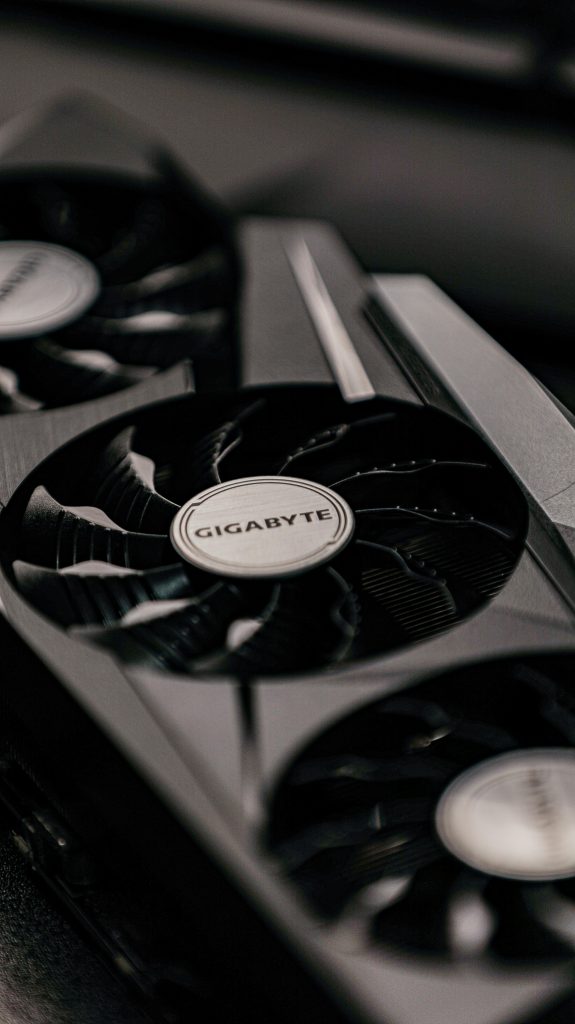Choosing the Right Windows Laptop for Smooth Gaming on a Budget
Are you a student, professional, or casual gamer looking to upgrade your computing experience from a Chromebook to a capable gaming machine? If so, you’re not alone. Transitioning from lightweight devices to a system that can handle more demanding games can seem daunting, especially if you’re unfamiliar with the hardware requirements and assembly process. This guide aims to help you find a budget-friendly Windows laptop capable of running popular games smoothly, all while keeping things straightforward and cost-effective.
Understanding Your Gaming Needs
You’ve mentioned interest in titles such as Total War: Shogun 2 and Arma 3—both of which are known for their relatively high hardware demands compared to casual games. You might also consider exploring newer titles that require decent graphics and processing power. Your main usage will be at home, which makes a laptop a practical choice over a desktop. However, if you’re open to it in the future, desktop PCs can offer more customization and performance at often lower costs.
Budget Considerations
With a budget of approximately $400 to $600, you’ll want to focus on laptops that strike a balance between affordability and performance. While high-end gaming laptops can easily surpass this range, many budget-friendly options are equipped with mid-range components capable of running your preferred titles at playable settings.
Key Hardware Components to Look For
-
Processor (CPU): Aim for at least an Intel Core i5 (10th generation or newer) or an AMD Ryzen 5 (3000 series or newer). These CPUs provide a solid foundation for gaming performance.
-
Graphics Card (GPU): Integrated graphics found in most budget laptops are often insufficient for demanding games. Look for laptops with dedicated GPUs such as NVIDIA GTX 1650 or AMD Radeon RX 5500M. These are often found in laptops within your budget range.
-
Memory (RAM): A minimum of 8GB is recommended for gaming to ensure smooth multitasking and performance.
-
Storage: An SSD (Solid State Drive) of at least 256GB will significantly improve game load times and overall system responsiveness. Having additional HDD storage can also be beneficial.
Additional Tips for Choosing a Gaming Laptop
-
Prioritize Discrete Graphics: For decent gaming performance, select a laptop with a dedicated GPU rather than relying solely on integrated graphics.
-
Check Reviews and Benchmarks: Look for models with positive reviews related to gaming performance and thermal management.
-
**Consider Upgrad
Share this content:



